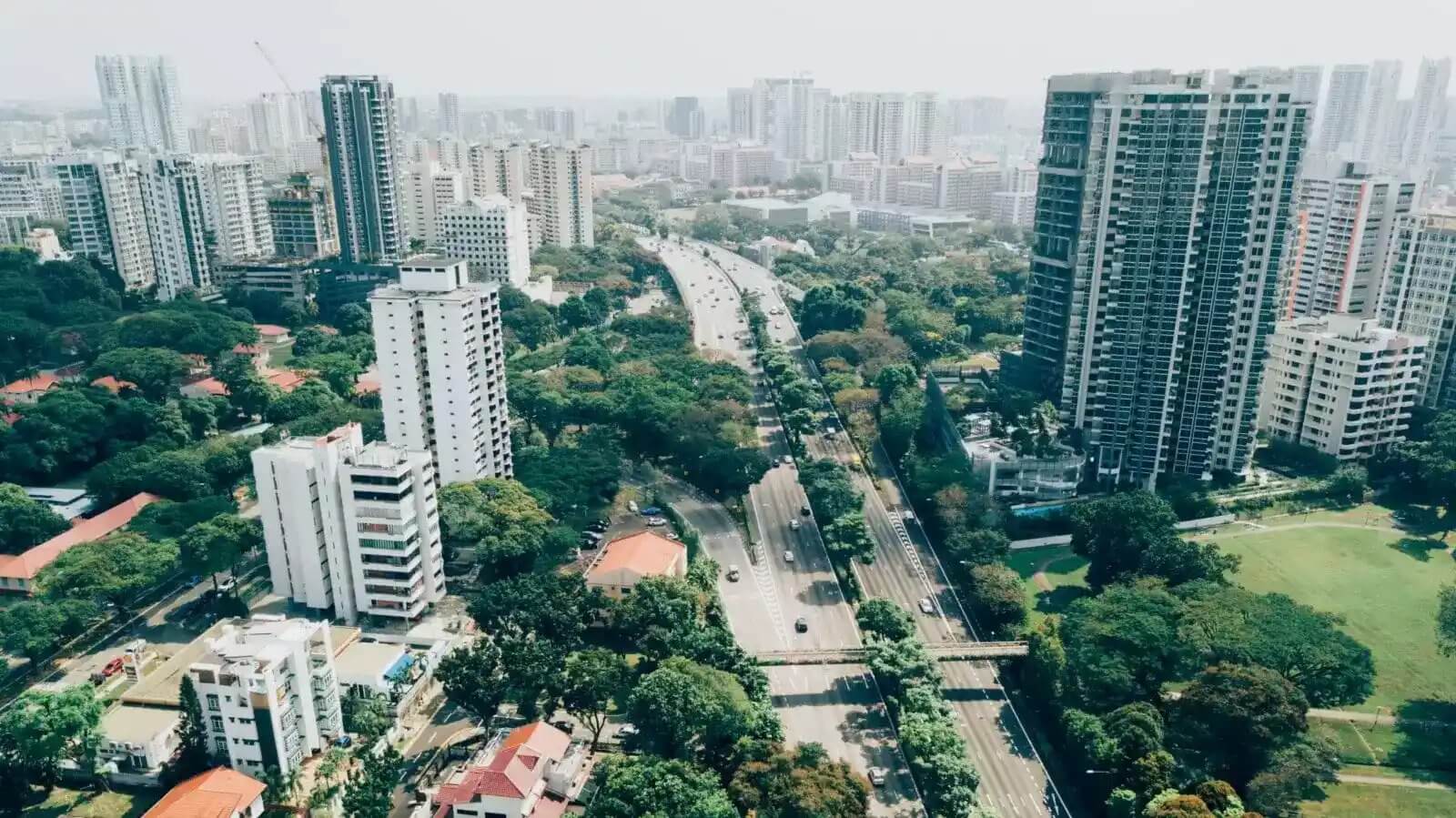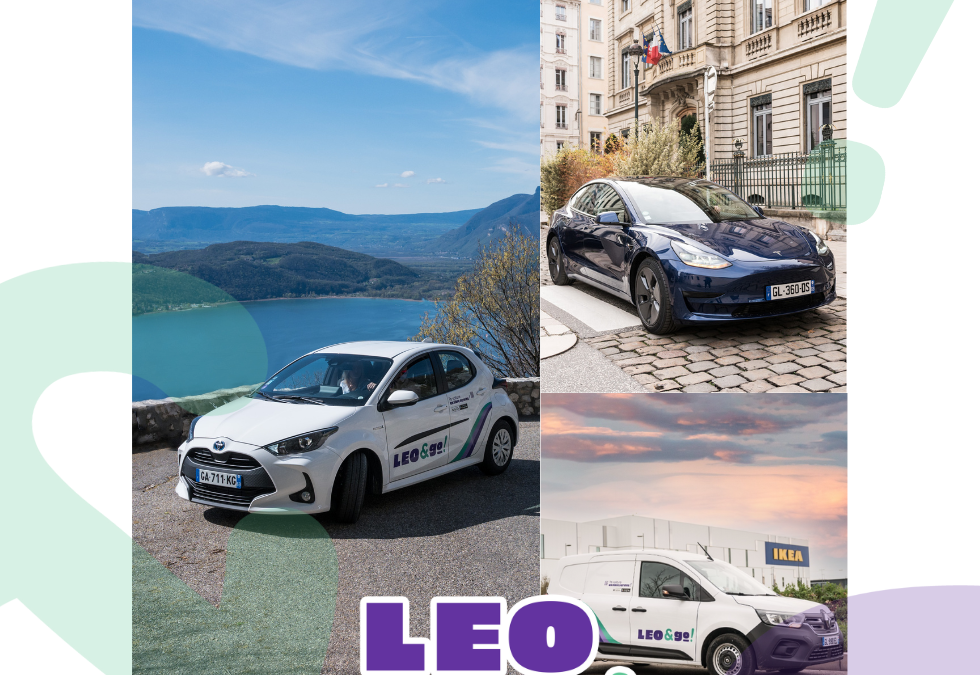At Vulog we know that shared mobility, a transportation strategy that allows for people to use primarily electric vehicle fleets (cars, mopeds, bikes, scooters, etc) on an as-needed basis, is key to safely allowing necessary personnel to remain mobile during the COVID-19 crisis.
September 29, 2020 Large cities around the world, such as Berlin, Madrid, Vancouver, and even Wuhan, have witnessed shared mobility services grow over the past few years to up to six operators per city. These services enable instant access to electric vehicles through a smartphone app and freedom of movement while preventing the release of CO2 emissions in the atmosphere. To help government leaders, experts at Vulog had developed three key steps that all cities should take to allow those who need to move during this time of crisis to do so safely:
1. Check in with Local Mobility Service Providers
In communication to the wider population, cities should, first, check with their local shared mobility operators to see which services are available during the COVID-19 pandemic. While some Mobility Service Providers (MSPs) have decided to temporarily cease operations throughout the duration of the confinement period, others have opted to continue their services free of charge for medical personnel and other first responders. Medical staff from the Charite Berlin Hospital have used WeShare carsharing service to drive over 50,000 miles in Berlin. In response to the recent economic fallout, MSPs, such as Poppy in Belgium or Modo in Vancouver, are offering small businesses free access to their services to facilitate deliveries and enable safe business continuity.
2. Consider Shared Mobility as a Complimentary Service to Public Transportation
Second, cities should consider shared mobility fleets as safe and complementary services to public transportation. Shared vehicles allow for users to more easily maintain the social distancing guidelines that cities have imposed. MSPs have also increased the frequency at which their vehicles are cleaned and sanitized multiple times per week and often provide all the necessary items for a user to wipe down the vehicle before and after each use. Special care is given to frequently touched surfaces such as handlebars, steering wheels, handles, and pedals. Free2Move Wuhan, for example, is re-opening its operations to the wider public, emphasizing the high level of sanitation that each vehicle undergoes on a regular basis.
3. Prioritize the Use of Sustainable Transportation Options
Finally, we have witnessed historic decreases in air pollution levels in some of the world’s largest cities such as Los Angeles, Paris, and London. Shared electric vehicles are proven to eliminate the need for an average of twelve private cars on city streets while emitting zero emissions. They also have the added benefit of zero noise pollution. When entering into a period of deconfinement, cities should therefore prioritize the use of sustainable transportation options, such as shared electric vehicles, to guide their cities back to health in a holistic manner.
Vulog is the world’s leading tech mobility provider: we are committed to building a greener future, one city at a time.




